APAYAO, June 02, 2021 – In the concept of Fundamental Cause Theory of Health Disparities studied by Link and Phelan (1995), socioeconomic status (SES) is defined as an array of resources relevant to money, knowledge, prestige, power, and favorable social connections.
Poverty and health care access have a causal relationship usually worsened by multiple factors such as lacking resources or opportunities toward achieving a healthy lifestyle that is likely to be experienced by communities in low economic status.
This makes impoverished communities vulnerable to greater health and economic risks. Serious health conditions are continuously fueled by poor diet for those who can’t afford to sustain their primary needs such as healthy food and immediate medical care for risk prevention.
Zooming on the vulnerability of the marginalized, children belonging in the said sector appear to suffer a greater deal of risk.
This circumstance especially in rural areas prompted 56 members of Poblacion, Imelda, Alem, San Luis (PIAS) Farmer’s Association (FA) in Pudtol, Apayao to establish a communal vegetable garden and provide generous help to undernourished children.
Their mission to contribute to the attainment of adequate nutrition – one at a time is carried out through vegetable donation to select children in their respective communities. In Brgy. Alem and Imelda, 8 children have been identified by the barangay health office to receive vegetable harvests from the group, allocated every harvest cycle.
The Special Area for Agricultural Development (SAAD) Program of the Department of Agriculture (DA) established the association in 2017.
“Kas maysa nga association, kayat mi nga ikkan mi nga actionan kin makatulong kin agituy nga ubbing. Tatta nga panawen ket kasapulan da iti tulong nangnangruna nu panggep iti nat-nateng,” said Mercedes Pechon, FA president.
[As an association, we take urgent action to prevent children from sliding even deeper into misfortune. Now is the time to act and help rise from undernourishment.]Paying it forward
The DA-SAAD program has provided livelihood assistance in Apayao since 2017. The province houses six farmers’ associations with 22 barangays covering 606 beneficiaries.
PIAS FA, a SAAD-established group in Pudtol, Apayao has 180 beneficiaries as of May 2021.
During the communal gardening, some members participated in preparation for land cultivation and seed propagation.
The group received five shared units of rain shelter in support of their Vegetable Production Project which costs Php 636,600.
In celebration of Women’s Month last March, the group expanded their production area in Brgy. Imelda and Alem, with a total cultivation area of 400 square meters (sqm) dedicated to the children in their community.
As a supplementary project, the group was also provided with Quail Production inputs amounting to Php 62,500, comprising 140 head of quails and 1,300kgs of quails feeds, in 2020.
The communal gardening done by the group allows them to access fresh and healthier food, which is expected to be beneficial since they decided to advocate helping malnourished children by reinforcing vegetable supply.
It is a remarkable deed of the SAAD Program since its ultimate objective is to empower marginalized rural communities.
Cases of undernourishment in the community
The group focused on 0-5-year-old children experiencing undernourishment in Brgy. Alem and Brgy. Imelda.
Eight children who are under close monitoring of the Barangay Health Workers (BHW) to secure health and access to holistic nutrition have been selected to receive the donations.
“Feeding children twice a day and giving them multivitamins will bring them to normal weight,” said BNS.
Arising solidarity, a core value of SAAD beneficiaries
Durkheim Theory of Social Solidarity said that participation is an important element towards achieving unity.
Solidarity is defined as the cementing force that binds individuals based on normative responsibilities that facilitate collective action and social direction.
In terms of community development, solidarity comes after collective consciousness when the same emotions cherish the same values. Under the study of Durkheim, collective consciousness is defined as the body of beliefs and common sentiments.
Applying this principle, the idea of collective effort taken by the farmers’ group embodies commonality by bringing the same advocacy in helping children with malnutrition.
As part of SAAD’s ultimate goal, this farmers’ group was organized in 2017 to improve their farm production and to capacitate their community participation as an association.
Being a part of the vulnerable sector, the current situation of children experiencing health anguish brought by poverty is their utmost motivation to unite as one group.
Bringing green prosperity to malnourished children
A total of 6.4kgs of mixed vegetables such as bitter gourd, tomato, eggplant, and okra were donated to the identified children.
In addition, the group also provided 100 quail eggs from their Quail Production Project to meet the nutrition and dietary needs of the children.
As a way forward in entrepreneurship, the group plans to propagate more vegetable seedlings in the coming harvest cycle in order to increase vegetable variety harvests to establish a talipapa. ###
Writer: Kathleen Faye B. Agonoy, Information Officer I, Province of Apayao
References and Sources:
Ms. Mary Jane Vicitacion, Barangay Nutrition Scholar (Brgy. Alem)
Ms. Angelita Failoga, Barangay Nutrition Scholar (Brgy. Imelda)
Social Conditions as Fundamental Causes of Health Inequalities, Jo C. Phelan, Bruce G. Link, and Parisa Tehranifar,2010, retrieved from: https://journals.sagepub.com/doi/pdf/10.1177/0022146510383498
Theory of Social Solidarity, Emile Durkheim, Retrieved from: http://www3.gettysburg.edu/~dperry/Class%20Readings%20Scanned%20Documents/Theory%20Scans/Exegeses/Durkheim.pdf

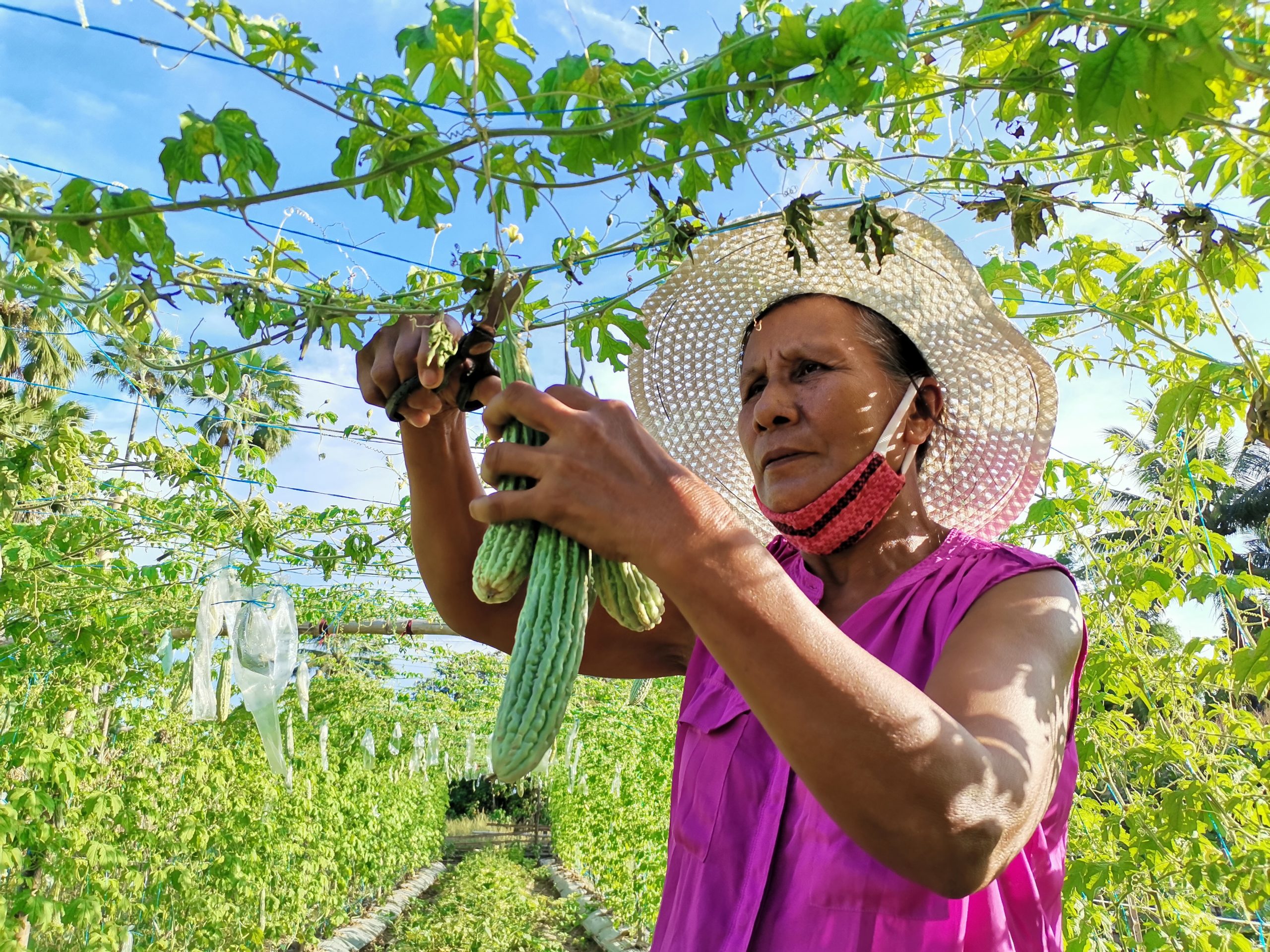
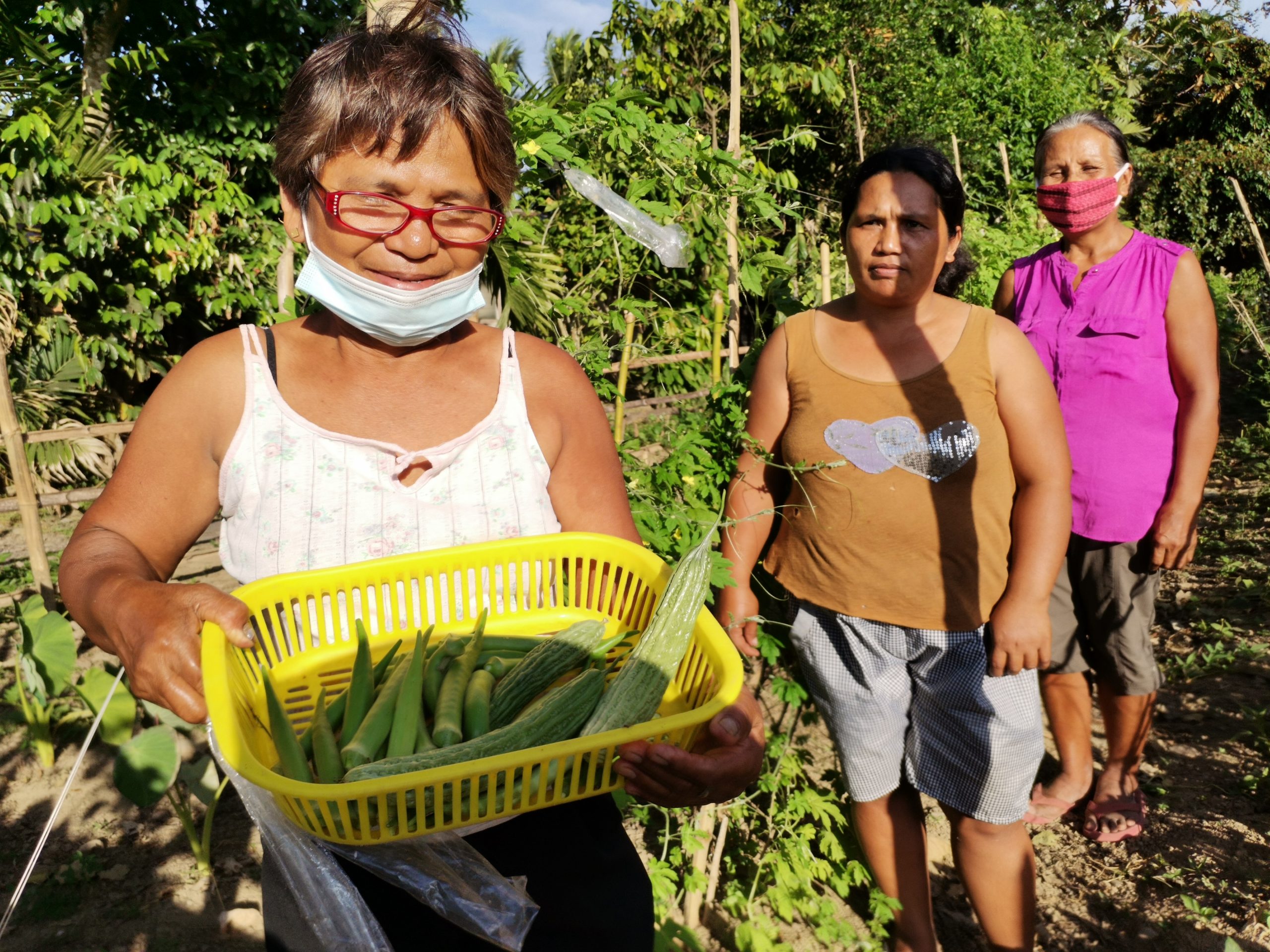
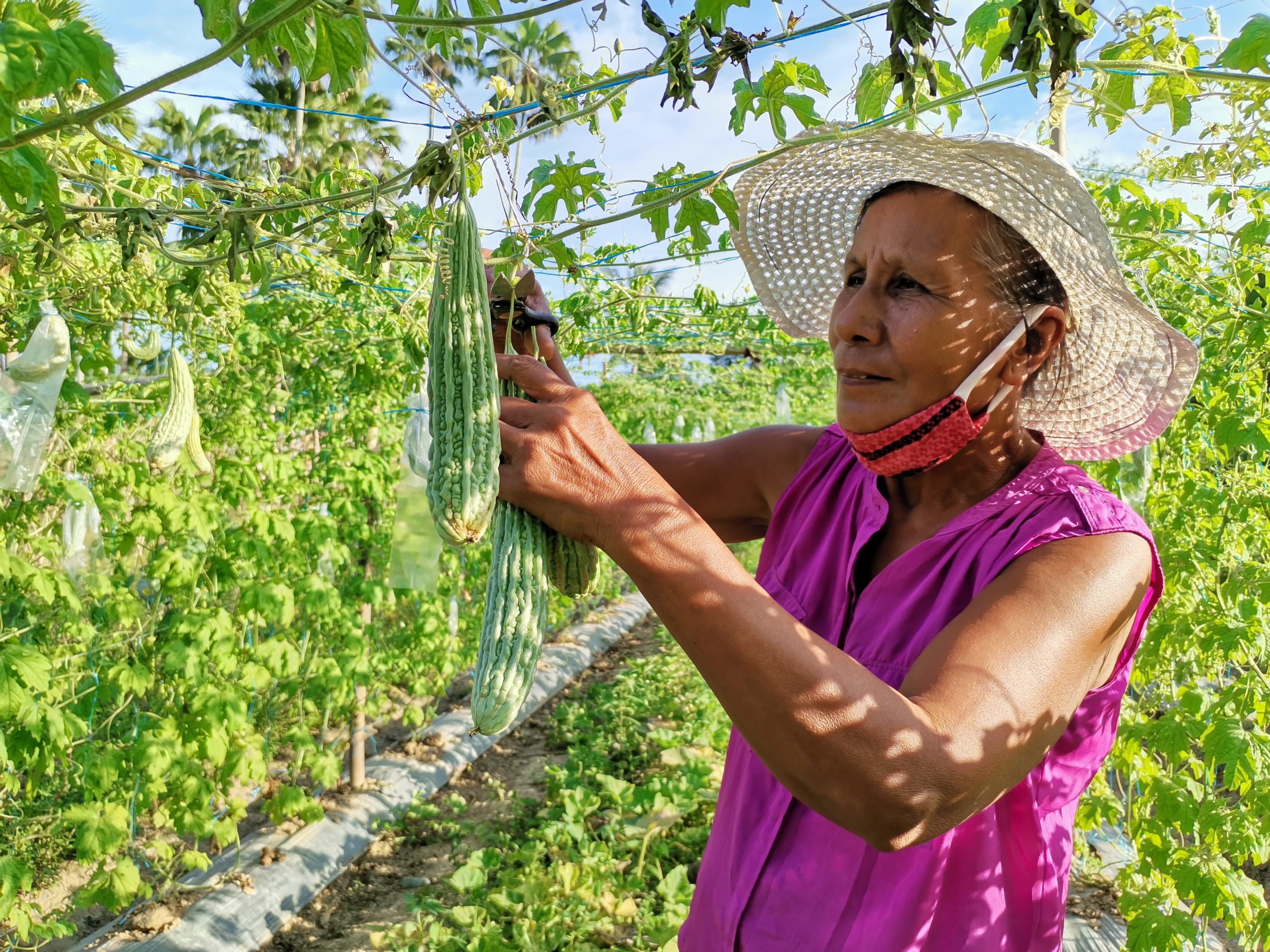
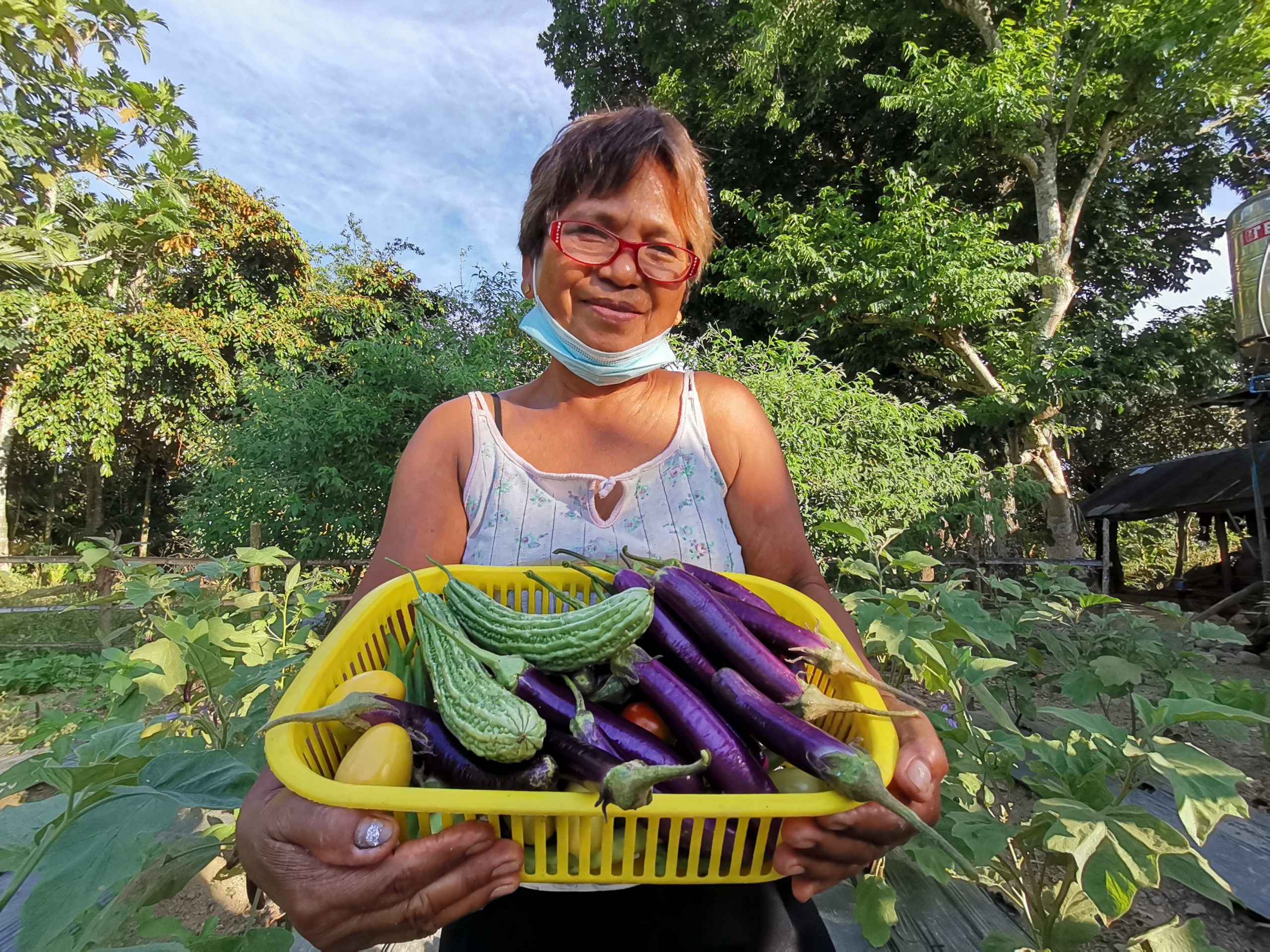
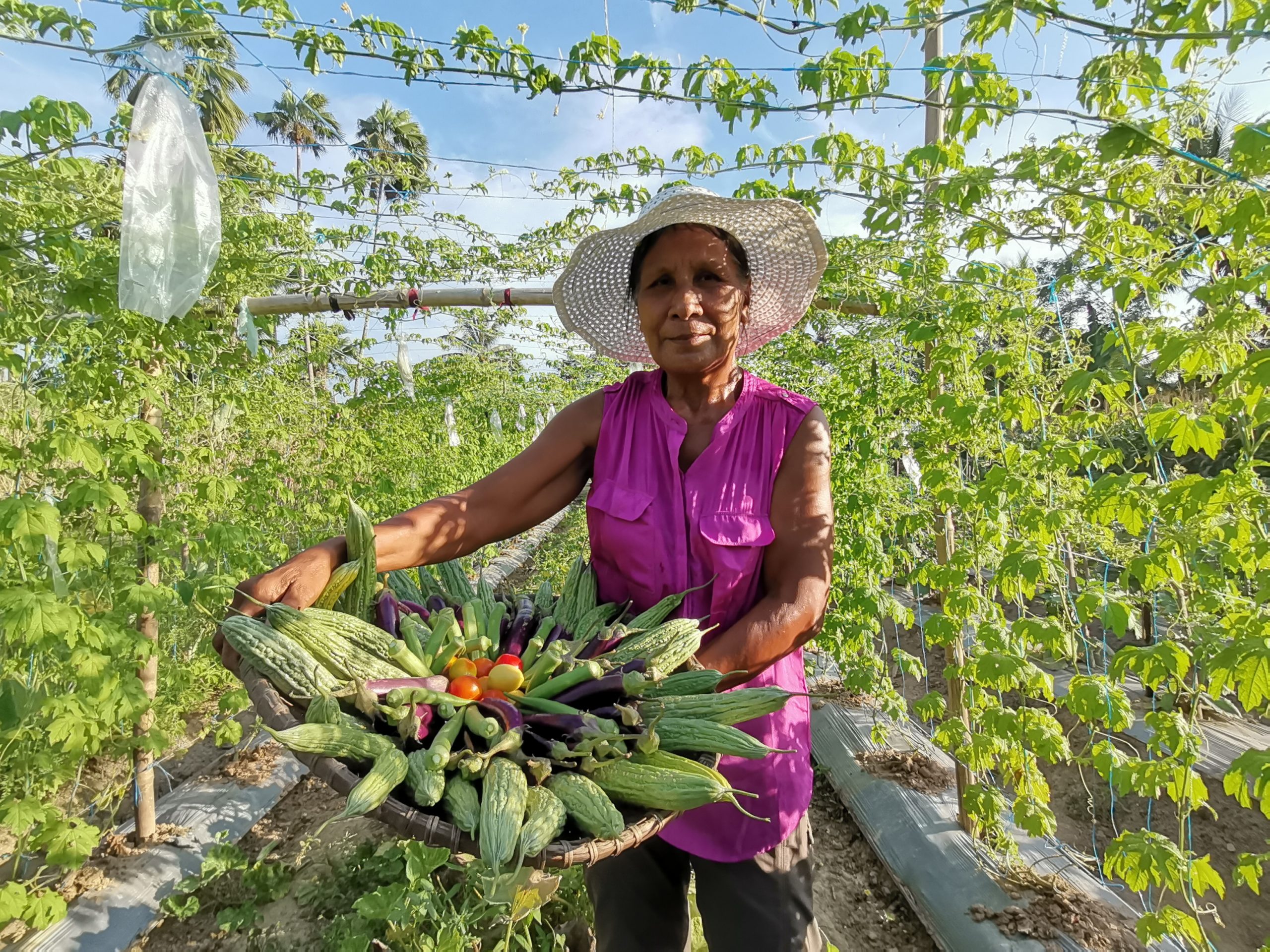
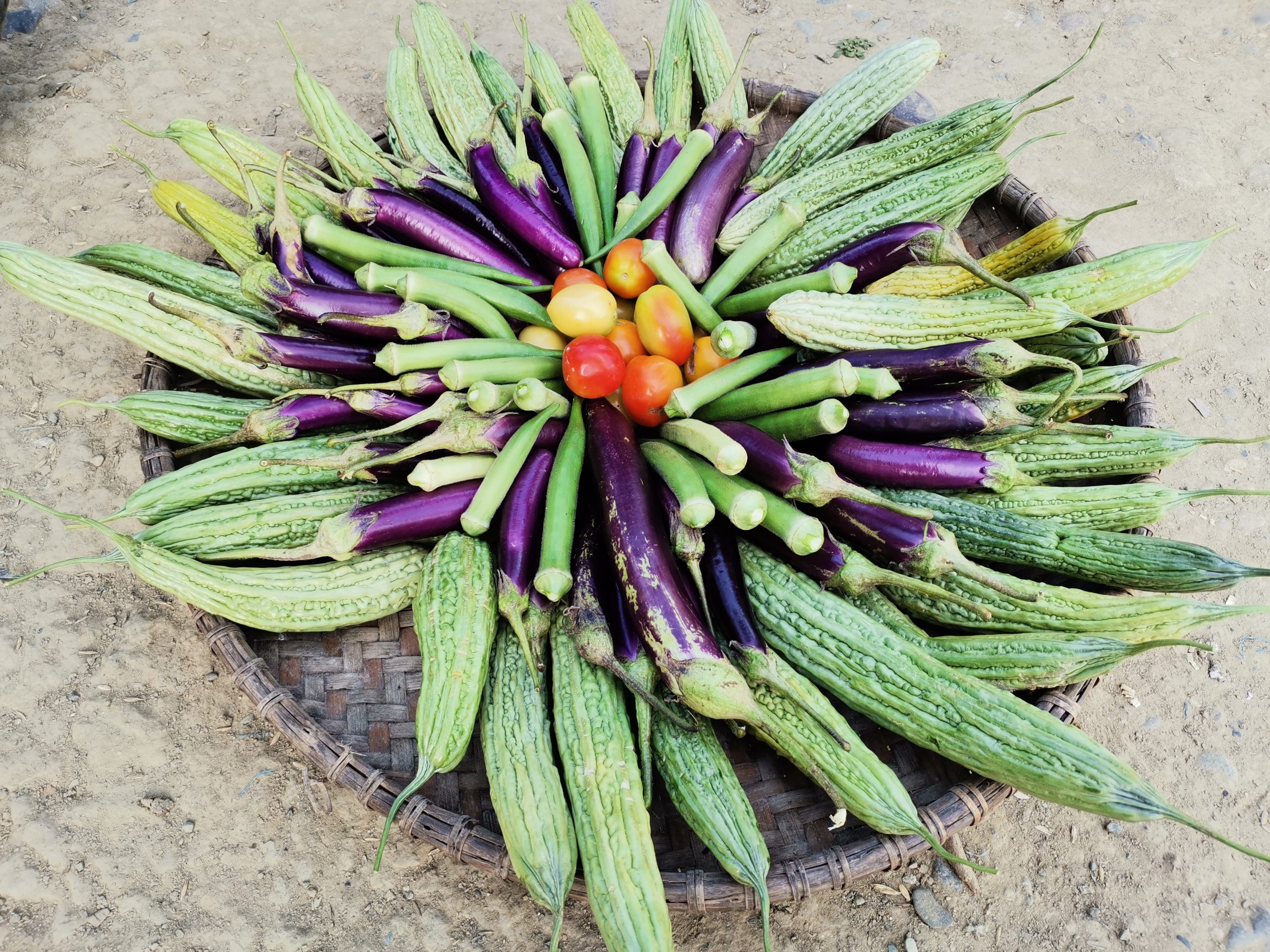
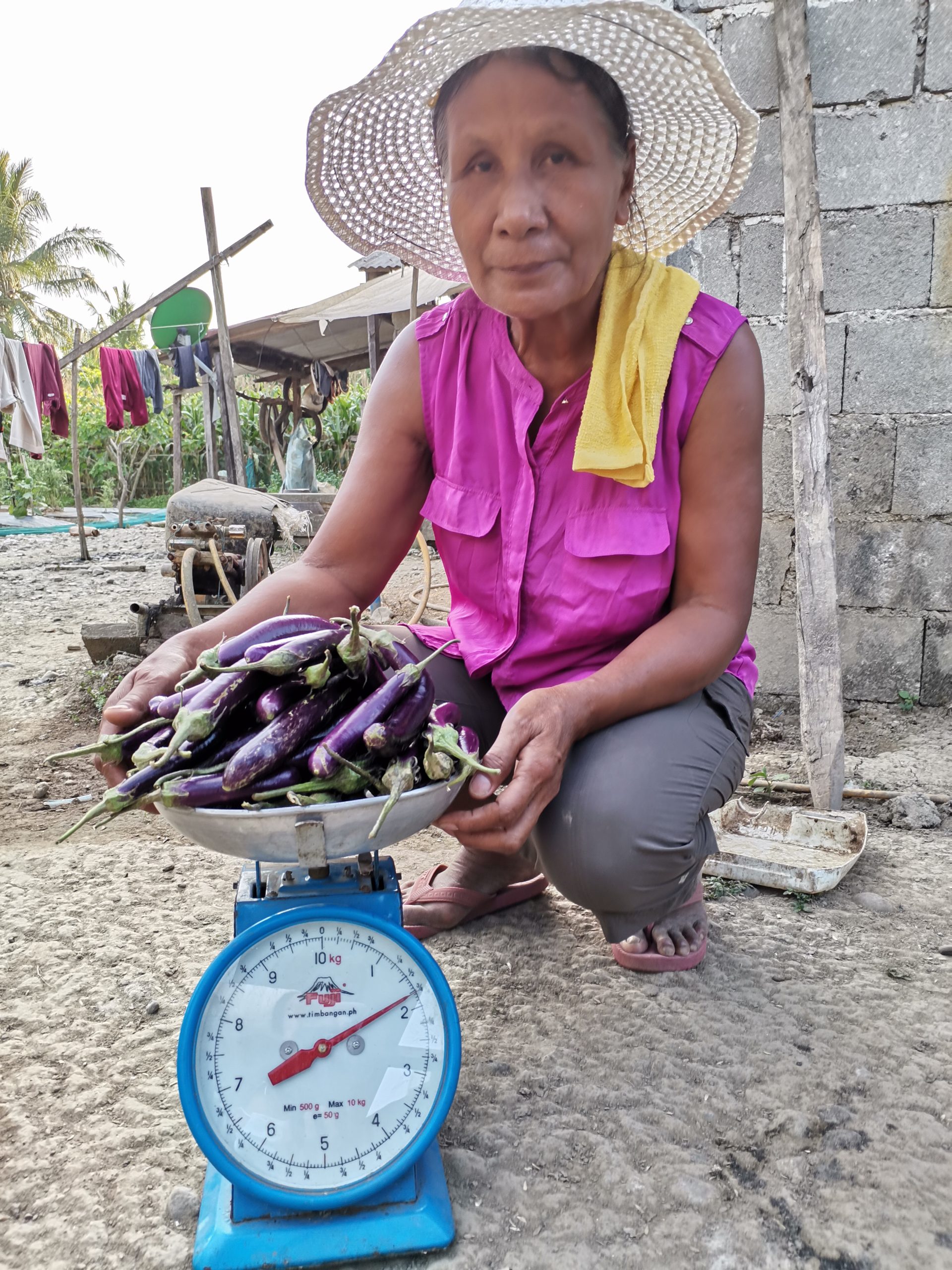
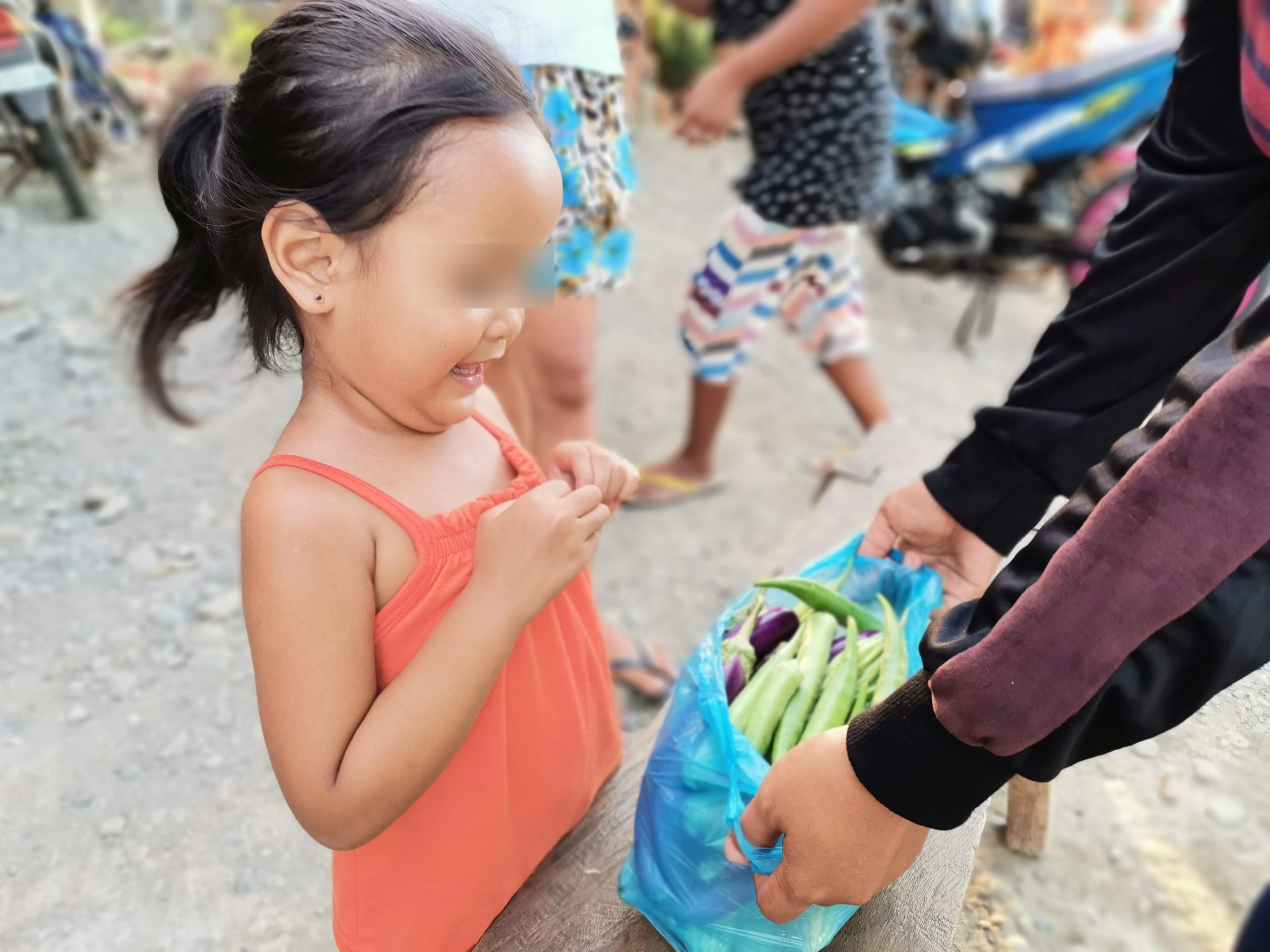
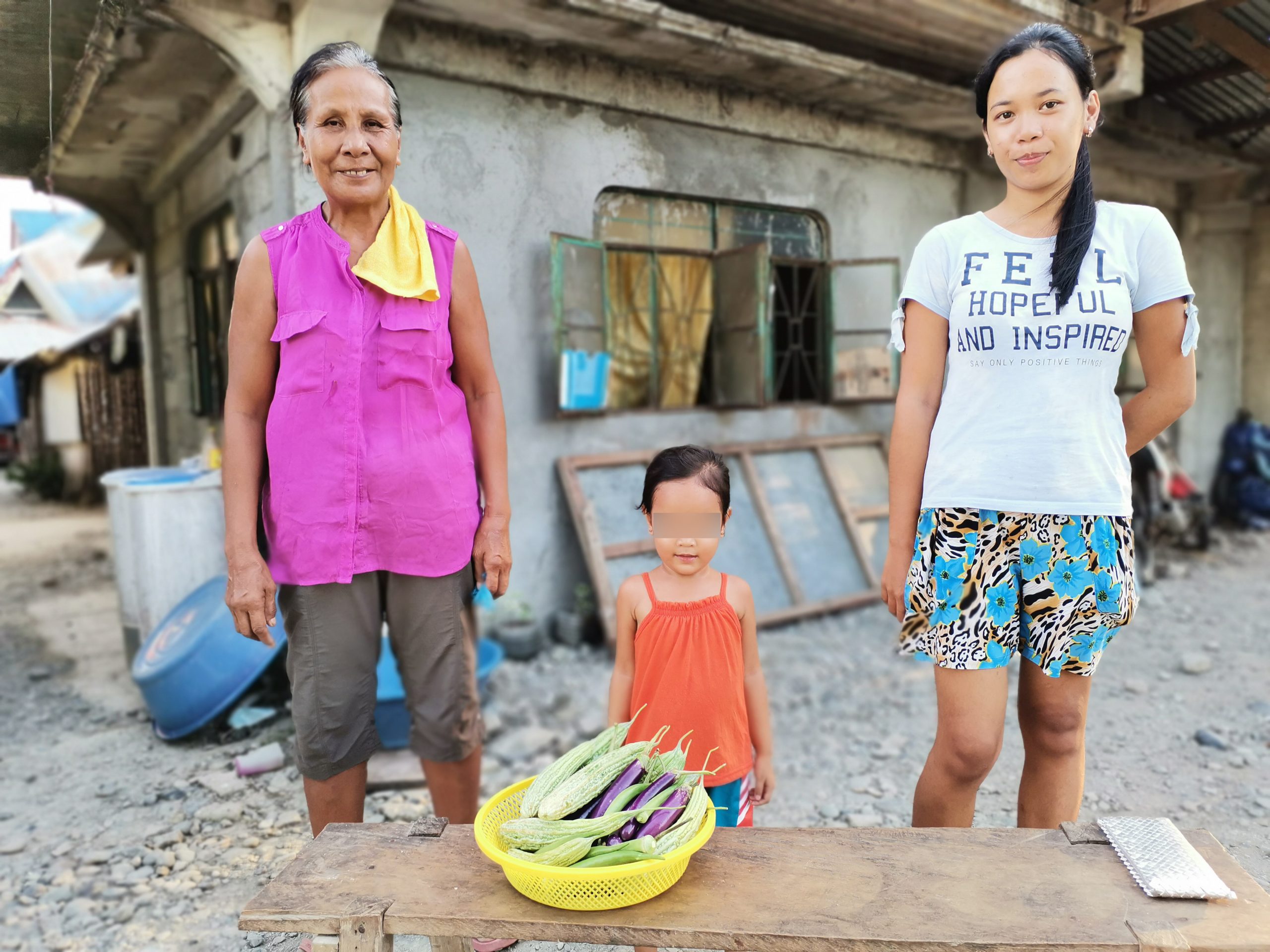
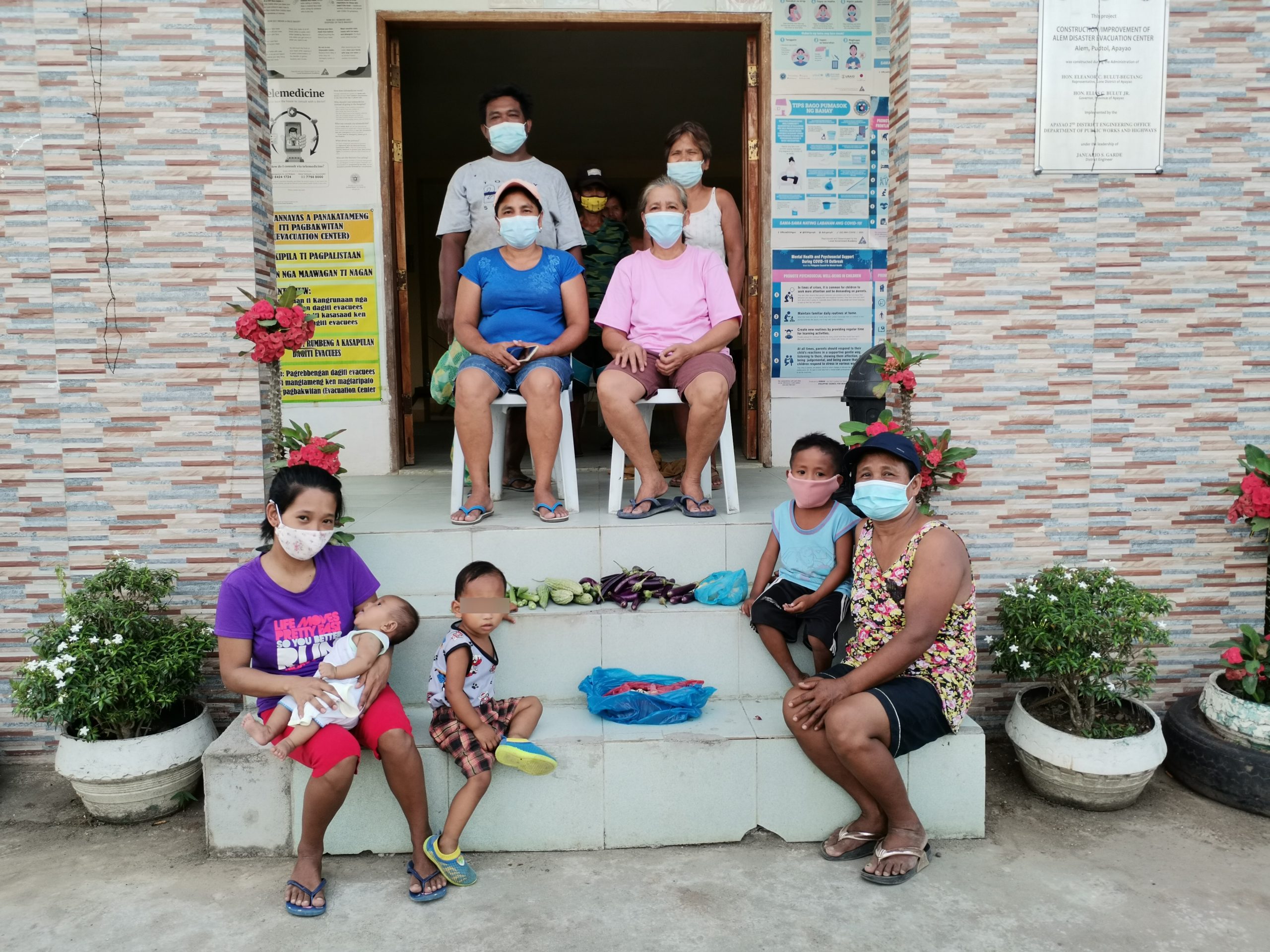

Comments (0)